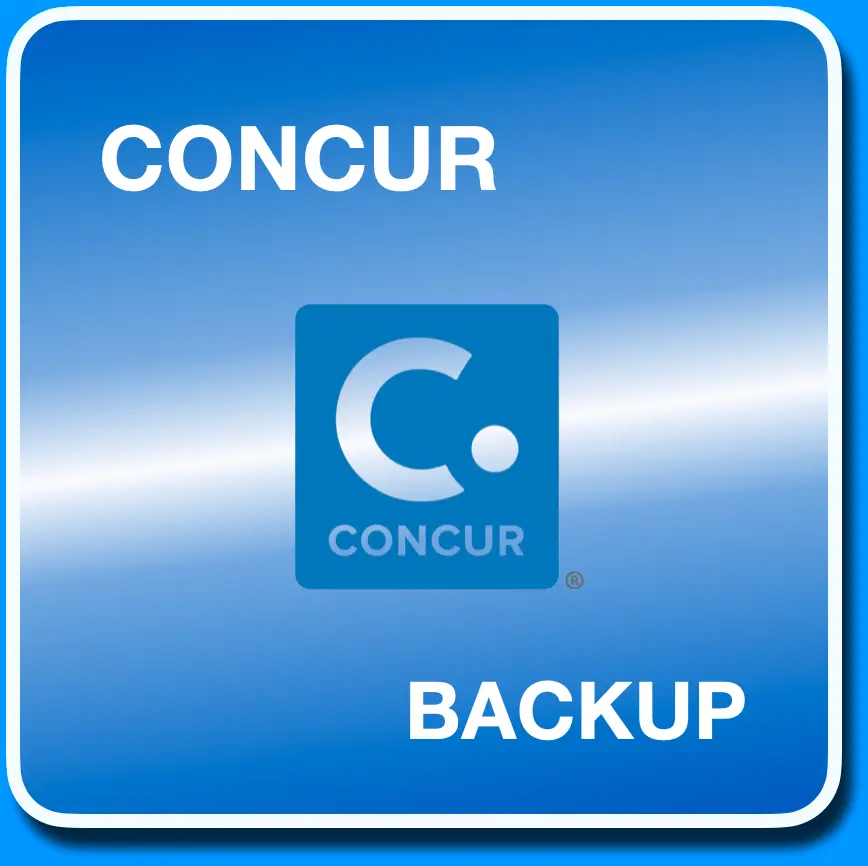Two Real Scenarios That Prove You Don’t Fully Own Your Concur Data
In many organizations, Concur plays a critical role in managing expense reporting, travel, and other financial processes. However, when it comes to data retention and backup, assumptions can lead to vulnerabilities.
Here's two scenarios where you might realize the importance of backing up your Concur data:
Scenario 1. Concern Over Data Retention:
You may have believed that Concur retains all of your data indefinitely. It’s easy to assume that your company’s expense reports, invoices, and employee information will always be there, safe within Concur's systems.
Over a long period of time, you might wonder: "Is Concur really holding onto this information? Or could it be deleted after a certain period?"
1. Your organization’s HR or compliance team might need past employee data for audits or regulatory requirements. Discovering gaps in retention or realizing that Concur's default retention policies might not align with your needs, can be unsettling. This is where having a reliable backup of your Concur data becomes essential.
2. When an employee leaves the company, Concur automatically removes or deactivates a significant amount of data from that employee’s profile. This includes expense reports, receipts, and other financial information linked to their account.
Scenario 2. Potential Migration to Another Application
The possibility of switching to a different application is another reason to consider backing up your Concur data. If your company decides to migrate to a new expense management or ERP solution in the future, the continuity and accessibility of your existing data will be critical.
Without a proper backup plan, you could face a scenario where transferring data from Concur to the new system becomes difficult or incomplete. Having a backup ensures that all your expense reports, employee records, and financial documentation remain intact and accessible throughout the migration process. It also gives you flexibility, as you won't be solely dependent on Concur’s systems to maintain the integrity of your historical data. In case one is being overly dependent on a service provider (like Concur) for storing and accessing data, there can come a time when and If Concur decides to retain exclusive control over historical records, one can face two key challenges:
1. Limited Flexibility to Switch Providers: If the company wishes to move to another expense management system, they need to ensure that all historical data from Concur is accessible and transferable. If Concur has exclusive control over the data, it could make it difficult—or expensive—to migrate to another platform. This lack of portability can "hold the company hostage" because they may feel trapped using Concur to maintain access to critical data.
2. Data Access Risks: Relying solely on Concur to store this data means that if the company ever wants to switch providers or access historical data outside the Concur environment, they could face significant roadblocks. Concur may have specific export restrictions, limited functionality for bulk data retrieval, or even policies that make accessing old data more difficult (e.g., once a contract is terminated). This could limit the company’s control over its own information.
